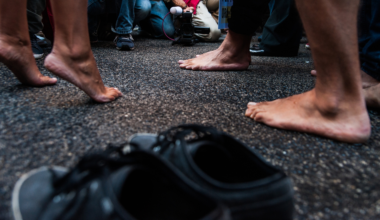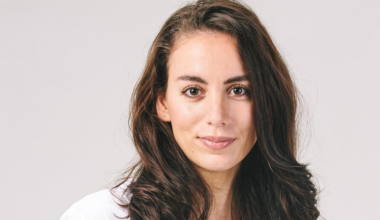Jeni Mayorskaya, founder and CEO, Stork Club
As a young entrepreneur in her early 20s, Jeni Mayorskaya was diagnosed with two reproductive disorders, PCOS and endometriosis. At the time, she lived in Russia, her home country. Instead of receiving quality medical help, Jeni got questionable advice from her doctor: find a man and get pregnant as soon as possible.
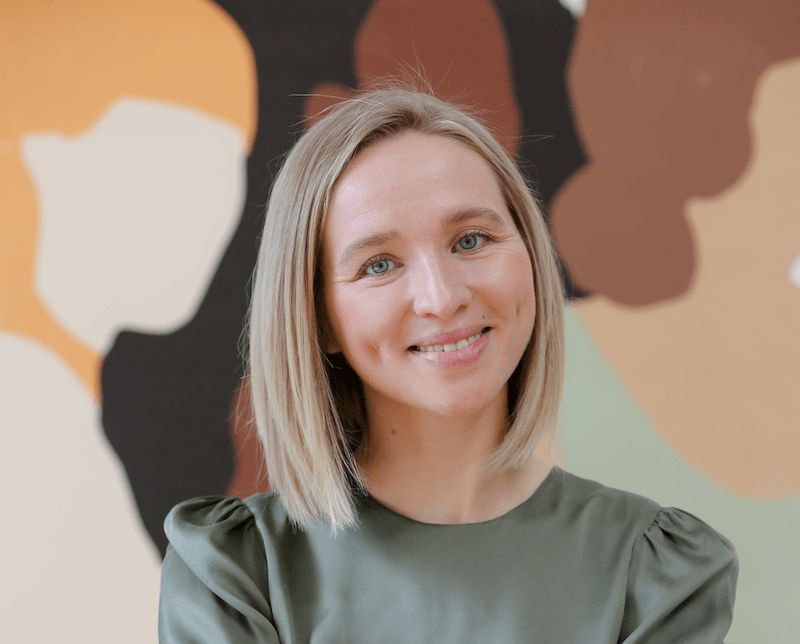
She wasn’t too excited to follow these recommendations at the expense of her career ambitions. “Unfortunately, I soon learned this is a common experience for many birthing persons, about one in five of whom will experience infertility,” she said.
Jeni, who previously co-founded a successful ebook subscription service, chose to ignore the unwanted advice. She moved to the U.S. and launched a platform to assist with fertility issues in working women. San Francisco-based Stork Club offers health benefits, such as IVF, surrogacy, and adoption. The startup has raised over $30 million to date.
Although the fertility crisis is a global issue, the approach to healthcare varies in different countries. For Jeni, not growing up in the U.S. and not knowing why the system works the way it does were both a blessing and a curse.
“It took me time to understand how to develop technology that integrates fertility coverage with insurance plans to make it easy to use for employers and employees,” she said. “I also didn’t have any experience with health insurance based on my own experience with infertility, so I questioned every aspect of the process.”
In the end, Jeni managed to build a platform that offers cost transparency where users can see how much they’ll pay for the fertility treatments before they receive care.
Advice to other immigrant female entrepreneurs: “Ask questions about everything, even when you think you know the answer. Paths to success are different in different countries. What’s been most helpful for me is to build relationships with the smartest people in the industry.”
Emma Guo, CEO and co-founder, Offsyte
When Emma moved to the U.S. to attend grad school at Carnegie Mellon University, she was lonely and felt like she didn’t belong. “Adapting to a new environment — a different culture and language, was tough,” she said. For some time, Emma didn’t have friends and was solely focused on academics.
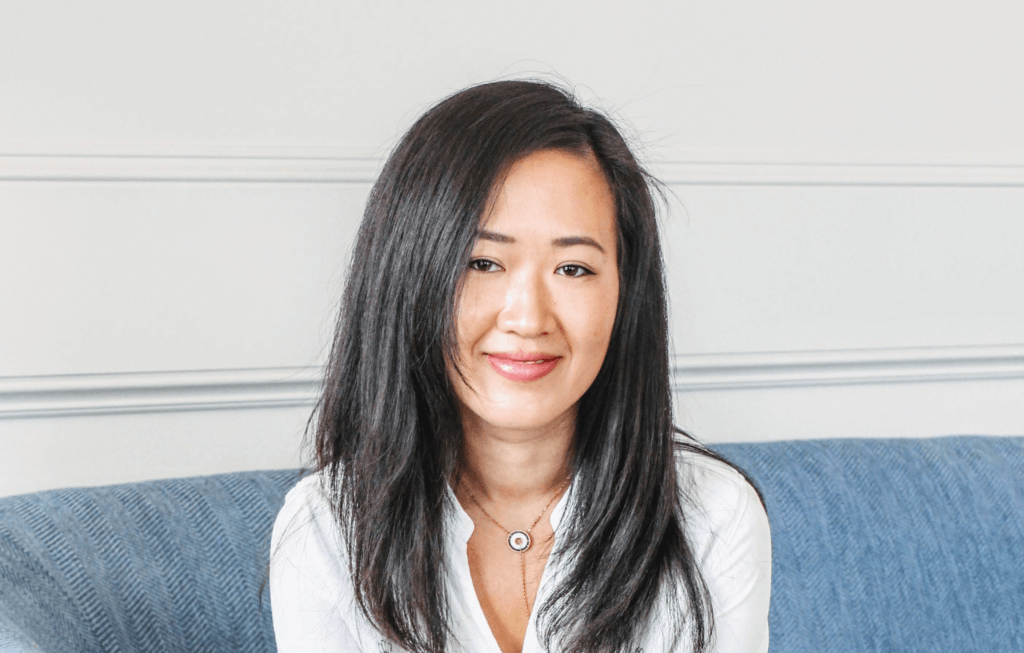
When she started her career in tech as a software engineer, she enjoyed organizing and attending team-building events. “I loved how close it can bring teams together and that people get to know each other outside of the day-to-day work,” she said.
Emma decided to create a new platform to make it seamless for people to discover and book team-building activities. She left her career as an engineer at Lyft in 2019 and launched Offsyte with her co-founder Jonathan Como.
“A few months after we launched, we quickly hit $1 million in revenue,” Emma said. “It’s amazing what can happen when you follow your instincts and stay true to your values.”
Emma’s startup, however, faced many roadblocks. During the pandemic, right before the startup’s beta launch, she had to pivot quickly to focus on virtual events instead of in-person.
“I just had to trust my gut and remind myself why I started in the first place,” Emma said. “It wasn’t easy, and there were a lot of unknowns, but I knew deep down inside that we needed to pivot. It was scary, but I took the leap anyway, and I’m so glad I did.”
Advice to other immigrant female entrepreneurs: “You’ve got this. I know it’s not easy, and you’re going to face obstacles and setbacks along the way. But trust me, with grit and determination, you can accomplish anything. Don’t be afraid to lean on others for support and guidance, and never give up on your dreams.”
Ximena Hartsock, co-founder, BuildWithin
When Ximena moved to Washington D.C. from her native Chile, she had $500 in her pocket, a degree in Spanish Literature, and the experience of performing as a trapezist in a student circus. She also didn’t speak English so she started as a housekeeper, nanny, and bartender while earning her teaching license.
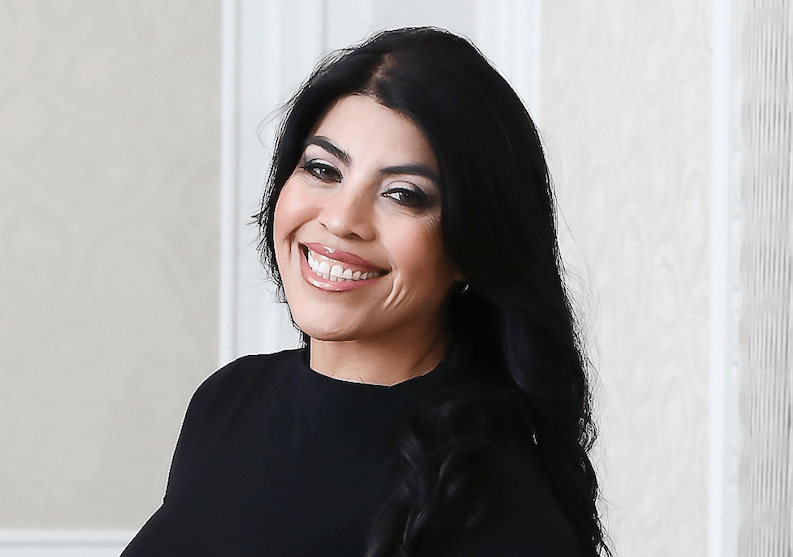
For several years, Ximena worked in the public schools administration, climbing the career ladder. Eventually, she obtained an executive position at a non-profit focused on education initiatives. There she got inspiration for her first business, a digital advocacy platform that connects citizens to lawmakers called Phone2Action.
The company has expanded to a full-service government affairs solution, allowing companies and advocates to pull legislation through and engage votes. In 2022, it was acquired by Quorum, the legislative tracking software. But Ximena already had a new business in mind.
“The idea for BuildWithin came from running an apprenticeship program,” she said. “We struggled to fill technical roles at my first company, so we decided to find and train people.” Within a few years, former apprentices made up 30% of her team.
However, she couldn’t find any scalable tools to manage apprenticeships. “I co-founded BuildWithin so that other organizations didn’t have to endure all the unknowns we had,” she said.
In the beginning of Ximena’s entrepreneurial journey, interacting with investors didn’t come naturally: she was shy because of her Hispanic accent. “I worried that it would be a liability in fundraising,” she said.
“What I’ve learned is that my track record of building and leading strong businesses matters far more than my accent. So, I no longer avoid dealing directly with investors. We are who we are, and investors who doubt or underestimate us for superficial reasons are not the right fit.”
According to Ximena, the unemployment rate in tech occupations is just 1.5%-1.8% despite mass layoffs. She thinks apprenticeships could bridge this gap.
Advice to other immigrant female entrepreneurs: “You do your best when you are in survival mode, and immigrants know that mode well. Starting your own business is risky, as is leaving your home, community, and culture to start from scratch somewhere else. The grit, determination, and resilience serves us well in entrepreneurship. But immigrants don’t have the connections and network, so I suggest you go out of your way to build relationships. Volunteer, join professional organizations, and meet people outside your circle. It is always easier to ask a favor if you have been helpful before. I believe in giving before taking.”


